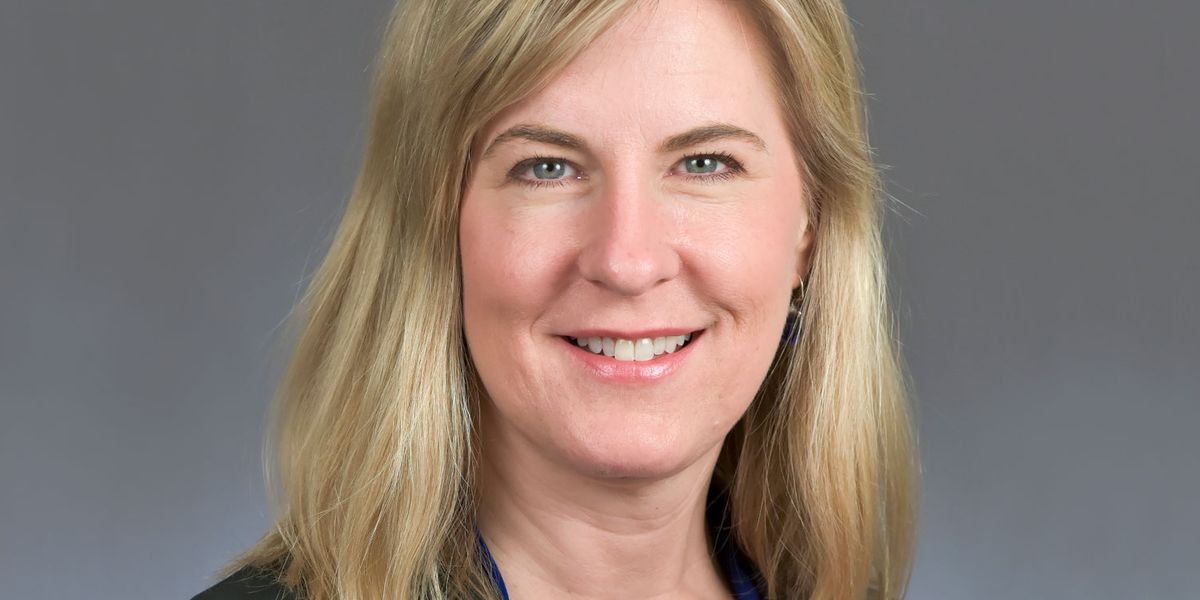Honestly, Minnesota should just go back to Sweden.
Nah, I don’t mean that.
But seriously: none of these people even speak Swedish, or really have any connection to Sweden at all, yet somehow, they’ve developed all the policies of the Swedes.
Who can deny the importance of blood?
On 1 June, in front of a gaggle of press, Kevin Reese signed his voter registration papers – a possibility that felt remote for the more than 14 years he spent locked up inside of Minnesota correctional facilities.
In prison, Reese thought constantly about what it would mean to leave. He formed a group that met weekly to talk about what it would take “to get out and not only be OK, but to transcend and be able to live our dreams”. The men talked about the responsibilities that awaited outside: children, parole, taxes. In 2013, Reese said, they began to focus on one concern in particular: voting, and restoring the right to vote to other formerly incarcerated Minnesotans.
Reese, now the executive director of the Minnesota-based organizing group Until We Are All Free, is one of more than 55,000 people who gained the right to vote after Minnesota’s governor, Tim Walz, signed a bill restoring voting rights to people with felony convictions. The Restore the Vote law, which passed in March, guaranteed that anyone not in prison can vote.
You’re totally the victim, bruh
The Minnesota legislature passed the bill during a historic session that saw a wide range of progressive bills signed into law – including a collection of laws to protect workers, abortion rights legislation, and a raft of voting rights and democracy reform legislation.
Minnesota was one of a few states to secure a Democratic trifecta in 2022 – Democrats in Michigan, Maryland and Massachusetts managed the same – but it is the only statehouse to pass such wide ranging reforms in one legislative session. The liberal trifecta is a first since 2013, when Democrats controlled the statehouse for just one session.
Flipping the senate turned the state blue, and despite losing a handful of house seats held by moderates to Republicans, Minnesota Democrats, known as the Democratic Farmer Labor party, picked up enough suburban seats to retain a slim, but more progressive, majority in the lower chamber.
The house speaker, Melissa Hortman, said state Democrats viewed the trifecta as a fleeting window to legislate aggressively.
“Having Republicans in control of part of state government for the last 10 years and being prevented from doing really anything progressive at all created a lot of pent-up demand to chalk up some progressive victories,” said Hortman.
The laws on abortion, labor and voting rights passed at the urging of progressive groups like Reese’s Until We Are All Free, which joined more than 50 organizations to form the Restore The Vote coalition to push for the restoration of voting rights to people with felony convictions who are on probation and parole.
Minnesota has fewer than 6 million people, but they have over 50 NGOs focused just on this one specific issue.
Proponents of the Restore the Vote law pointed out that Minnesota’s former restrictions for people with felonies impacted Black residents disproportionately. According to the research and advocacy group The Sentencing Project, Black Minnesotans were disenfranchised at four times the rate of white residents before the law was passed.
The reason for that is that black people are 4 times more likely to be felons.
In turn, the reason for that is the same reason Minnesotans act like Swedes: it’s in the blood.
I don’t really believe that if we were allowed to make this argument in the public square, and debate it on the merits, anyone could ever deny it. The problem with race is the same as the problem with everything: reasonable people do not have a voice.

